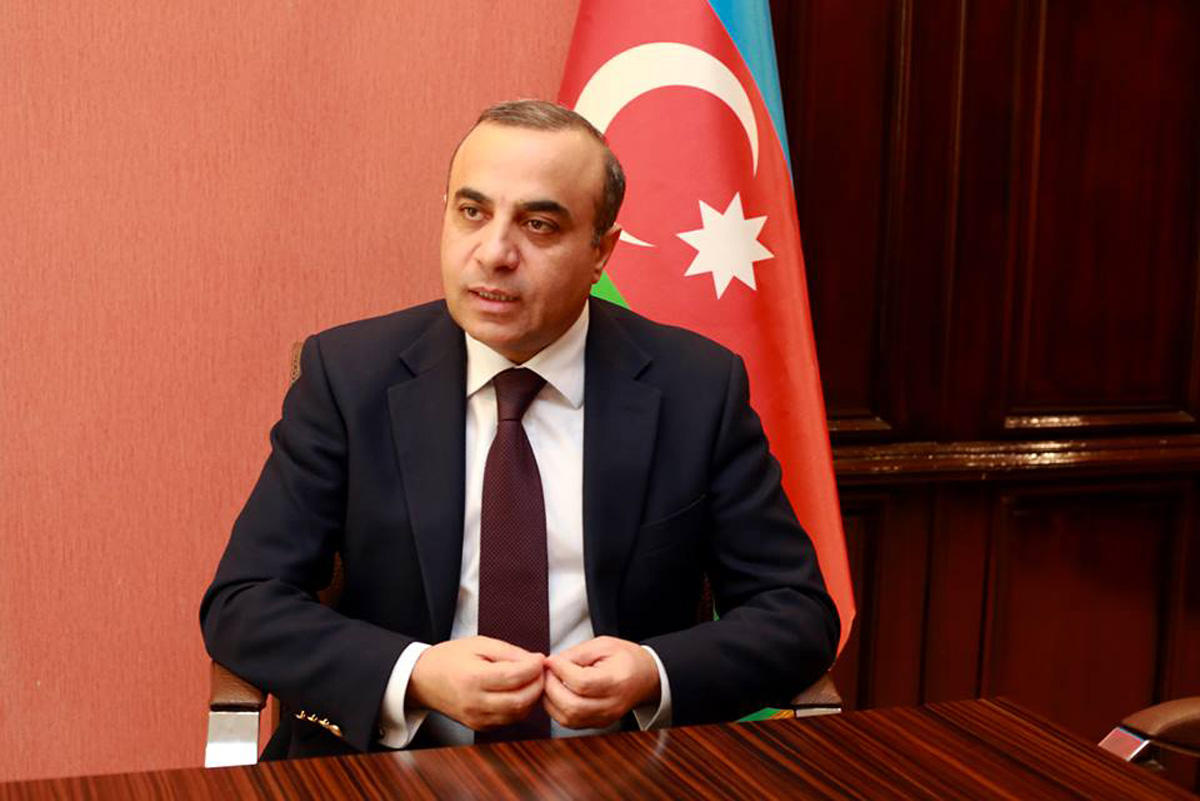Baku, Azerbaijan, Feb. 8
Trend:
The extradition of blogger Alexander Lapshin to Azerbaijan is very important, Azay Guliyev, Azerbaijani MP and vice-president of the OSCE Parliamentary Assembly, said at a press-conference in Baku Feb. 8.
The Azerbaijani MP said that he welcomes a criminal case filed under Article 281.2 (appeals against the state) and 318.2 (illegal border crossing) by the Azerbaijani Prosecutor General’s Office in respect of a person engaged in the propaganda of the separatist regime and calling against the territorial integrity of Azerbaijan during illegal trips to the occupied Azerbaijani territories in April 2011 and October 2012.
Guliyev also welcomes Lapshin’s arrest in Belarus and the requirement to extradite him to Azerbaijan.
He expressed gratitude to the law enforcement bodies of Belarus and the country’s President Alexander Lukashenko.
"This incident will be a serious lesson for anyone who does not respect or does not want to respect the territorial integrity and the principle of inviolability of borders of Azerbaijan," he said.
"The individuals, committing crimes against Azerbaijan, must know that sooner or later they will be punished," he said.
Alexander Lapshin is a citizen of several countries and has had a criminal conspiracy with Armenians living in the occupied Azerbaijani territories. He also illegally visited these territories.
Lapshin is accused of violating Azerbaijani laws on state border in April 2011 and October 2012.
In order to promote the illegal regime created in the Azerbaijani territories occupied by Armenia, Lapshin presented Azerbaijan’s Nagorno-Karabakh as an “independent state” on his social media account, and supporting the “independence” of the unrecognized regime he made public incitements aimed at violating Azerbaijan’s territorial integrity on April 6 and June 29, 2016.
The conflict between the two South Caucasus countries began in 1988 when Armenia made territorial claims against Azerbaijan. As a result of the ensuing war, in 1992 Armenian armed forces occupied 20 percent of Azerbaijan, including the Nagorno-Karabakh region and seven surrounding districts. The 1994 ceasefire agreement was followed by peace negotiations.
Armenia has not yet implemented four UN Security Council resolutions on withdrawal of its armed forces from the Nagorno-Karabakh and the surrounding districts.






